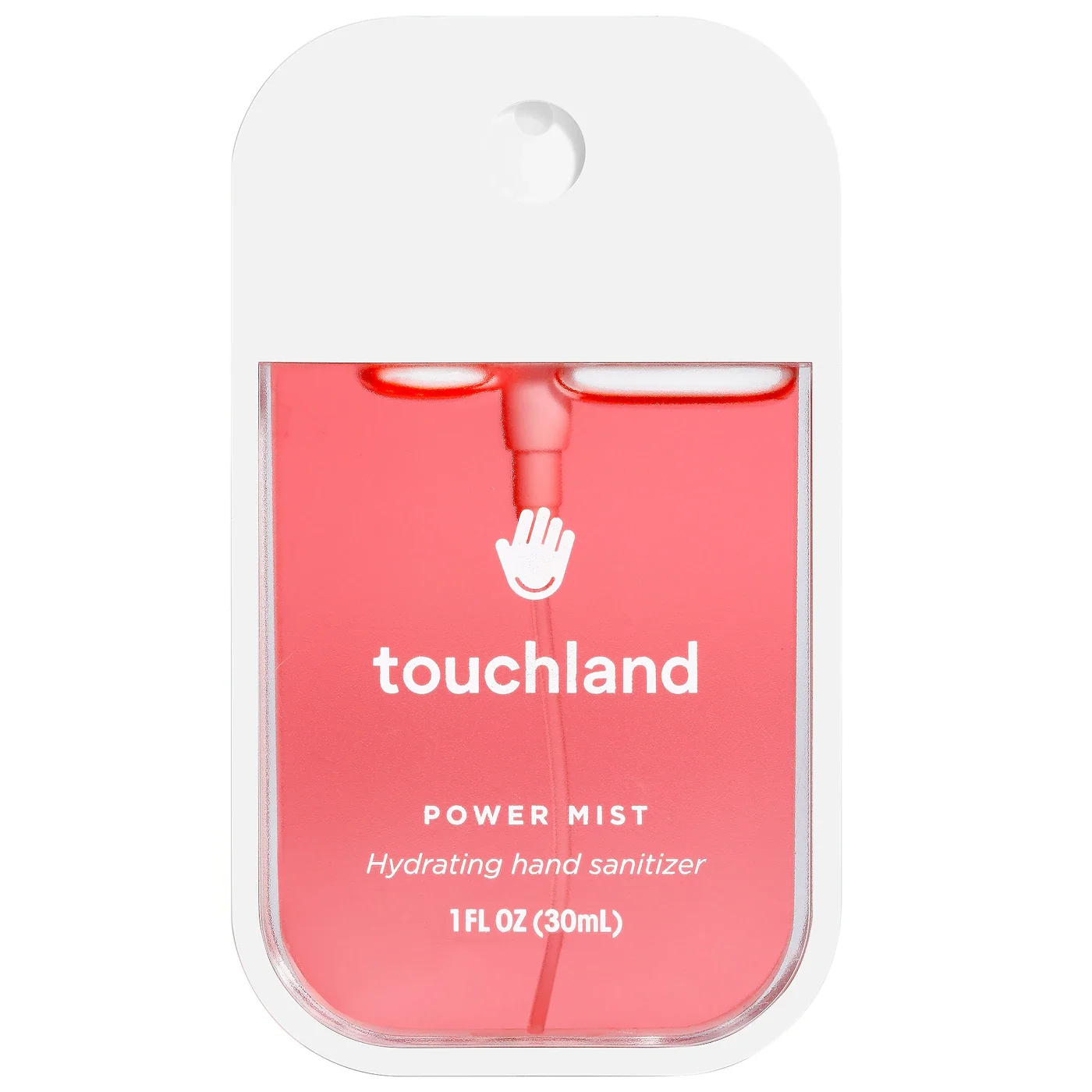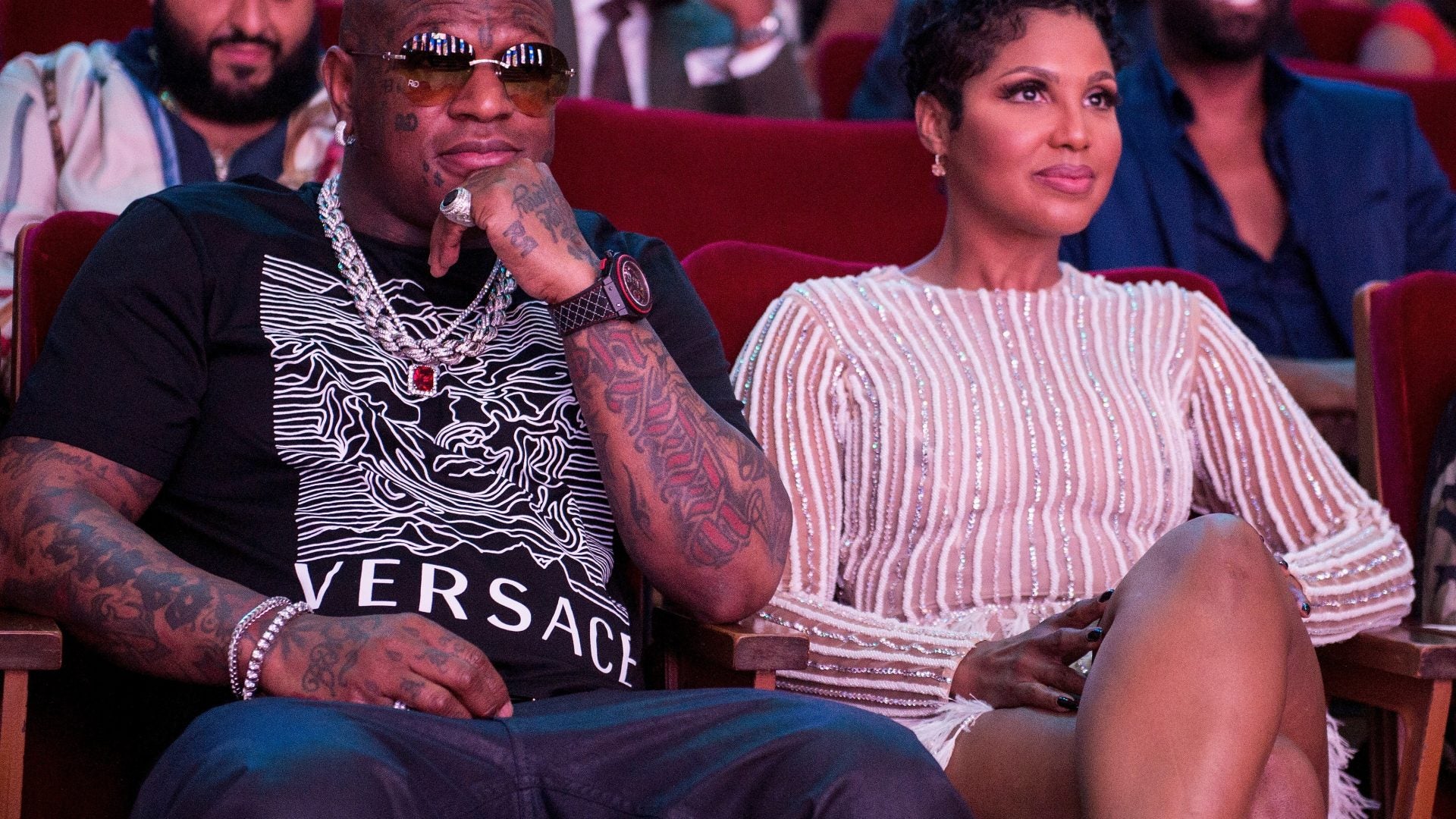
U.S. Senate candidate Gary Chambers Jr. keeps it real about while gun reform isn’t cut and dry for Black citizens.
On Tuesday, the Louisianian released his third campaign ad, and this time he’s tackled gun rights.
In the one-minute ad, titled ‘Stuck in the Middle,’ the Democratic candidate grapples with his second amendment right amidst the disturbing uptick of mass shootings in the country. The ad was released the day before the House passed a sweeping gun reform bill.
Chambers explained his confliction by noting his home state of Louisiana ranks 18th for gun ownership, 50th in crime, and 48th in education. “Owning a firearm isn’t just a right; sometimes it’s a necessity,” he said.
Chambers loaded his firearm and said, “White supremacy is still being taught in America.”
The camera pans out to show Chambers in what is likely the Louisiana woods. Then, the viewer can finally see his target: a life-size cut-out of three hooded Ku Klux Klan members. He cited the Buffalo Shooting that took place last month at a Tops Friendly Supermarket, where accused gunman Payton Gendron, live streamed the killing of 10 Black people, as proof of White Supremacy.
He also referred to the school shooting in Uvalde, where another 18-year-old man armed with an assault rifle killed 19 children and two teachers.
He empathized with both incidents, seeing both his own mother and daughter as potential victims to gun violence.
Chambers’ powerful message is that he’s a gunowner because “America refuses to protect all of us.”
The senatorial hopeful’s website says that he is committed to passing common sense gun control policies. His solution to protecting both citizens and their second amendment right: background checks, safe storage laws, and raising the age for gun ownership.
Chambers is no stranger to controversial campaign ads. His first ad went viral as it opened with Chambers smoking a blunt—a cigarette with marijuana and tobacco—to drive home his stance on the legalization of marijuana. He stated, “Every 37 seconds someone is arrested for possession of marijuana. Since 2010, state and local police have arrested an estimated 7.2 mil Americans for violating marijuana laws.”
In the other, Chambers brazenly burned a Confederate flag and said racism has forced too many Black people to live in poverty, go without health insurance and not have the right to vote.







The 36-year-old’s campaign priorities include access to healthcare, education, job training programs, criminal justice reform, reproductive freedom, the Green New Deal and immigration.
While Louisiana has historically been conservative and hasn’t seen a Black candidate win statewide office since the Reconstruction era, Chambers unrepentant, liberal approach might be exactly what Louisiana needs.






